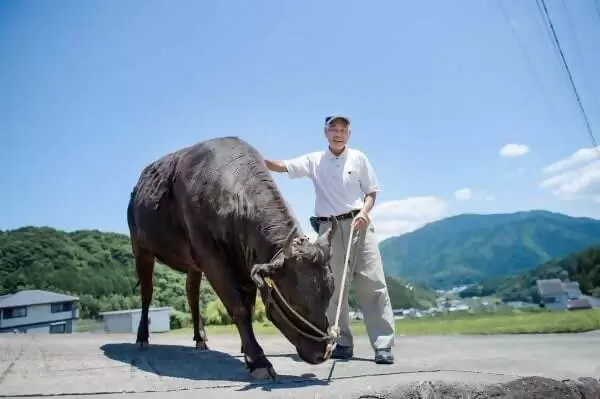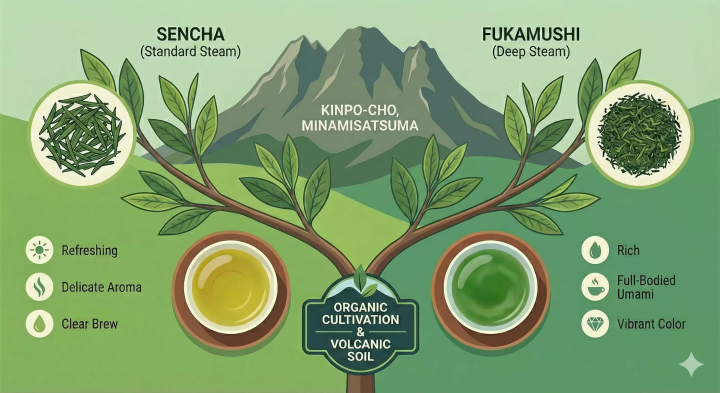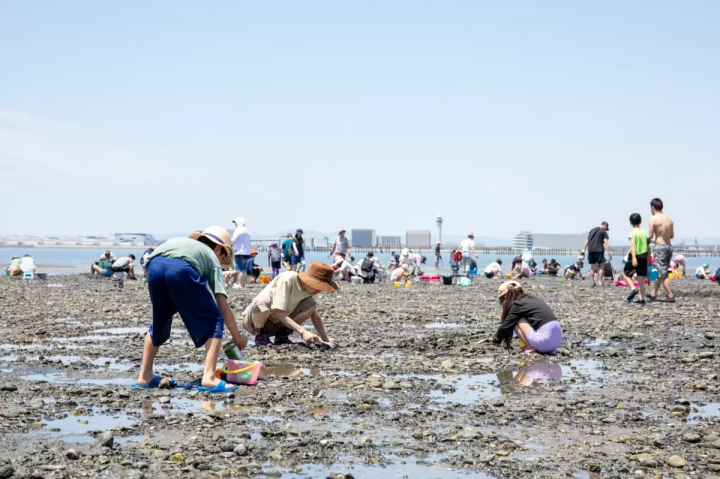Accommodation Tax in Japan 2026: Tokyo, Kyoto, Osaka, and More

Accommodation tax, or hotel tax, differs in Japan by city and region. Learn about the accommodation tax in Tokyo, Kyoto, Osaka, Fukuoka, and other major cities.
A Complete Guide to Japan's Accommodation Taxes
Headlines regarding accommodation taxes in Japan have been featured frequently in recent years.
Did you know travelers have to pay this tax in Japan? Do you know how it differs in each city? We’ve created a comprehensive guide on the current accommodation taxes in Japan.
Accomodation Taxes by Region in Japan
1. Tokyo: Japan's First City with an Accommodation Tax
2. Osaka: Second City to Follow Tokyo! Private Lodgings Included
3. Kyoto: An Inevitable Tax Introduction
4. Kanazawa: Simplifying the Tax's Categorization
5. Kutchan, Hokkaido: The Only Place With a Fixed Rate
6. Fukuoka: Double Taxation by Prefecture and City
7. Miyagi: Accommodation Tax in Sendai
Tokyo: Japan's First City with an Accommodation Tax
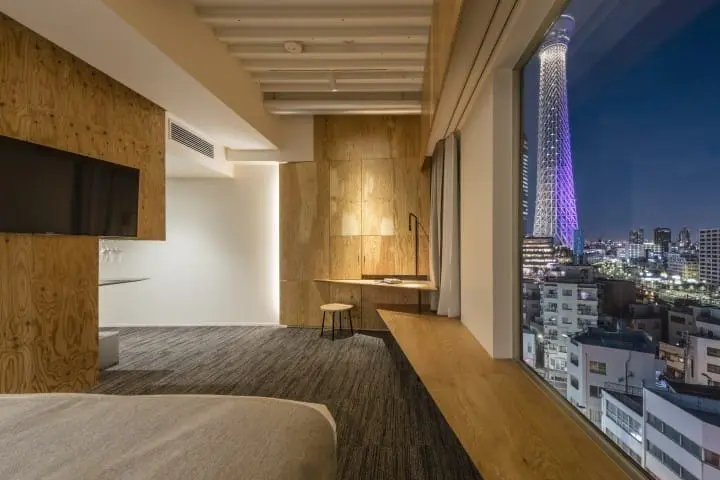
The accommodation tax in Tokyo is charged to travelers who stay in most lodging facilities. It is calculated based on the rate per night (per each person).
Tokyo introduced an accommodation tax in 2002. Tokyo citizens criticized the city, claiming it was a “double taxation on consumption tax.”
However, hoping to boost the appeal of Tokyo as a cosmopolitan city, guests at hotels and ryokan (Japanese inns) are charged. However, the Hotel Business Law states that “accommodations that have not received permits”—in other words, private lodgings like certain listings on Airbnb—are not subject to the tax (please confirm directly with your host).
| Accommodation Rate (per person, before tax) | Amount of Tax |
| Under 10,000 yen | No tax |
| 10,000 – 15,000 yen | 100 yen |
| Over 15,000 yen | 200 yen |
Source: Tokyo Metropolitan Government Bureau of Taxation Website
The accommodation tax is separate from the consumption tax implemented by the Japanese government. How this tourist tax is collected and its rate is determined by each region’s local government.
In Tokyo, you will be charged if your accommodation cost per person for one night is over 10,000 yen. This tax only applies to hotel charges, so meals and extra expenses, like breakfast and dinner, are not included.
This fee is based on the lodging fee before tax. For example, if your fare is 9,800 yen (one person/night) but amounts to 10,780 yen with tax, you will not be required to pay an accommodation tax.
Osaka: Second City to Follow Tokyo! Private Lodgings Included
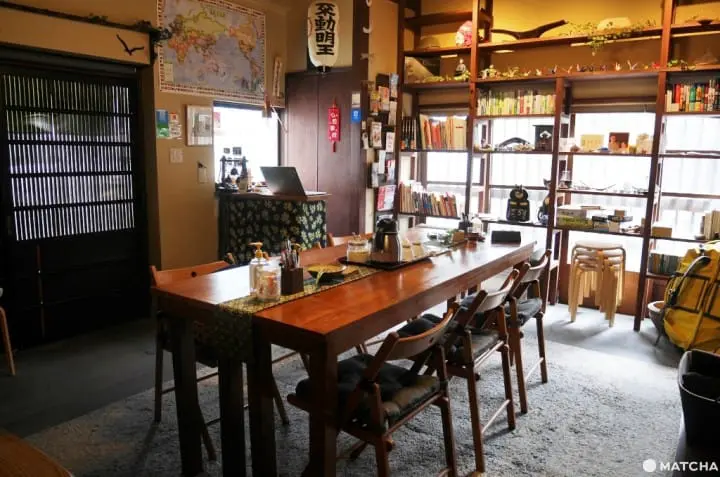
Following Tokyo's lead, Osaka, the second largest city in Japan, introduced an accommodation tax in 2017. Private lodgings are also subject to the tax. Additionally, the fee is organized into four categories according to accommodation fare.
| Accommodation Rate (per person, before tax) | Amount of Tax |
| Under 7,000 yen | No tax |
| 7,000 – 15,000 yen | 100 yen |
| 15,000 – 20,000 yen | 200 yen |
| Over 20,000 yen | 300 yen |
Source: Osaka Prefectural Government Website (Japanese)
Osaka also anticipates a surge of tourists to the city during the 2025 Osaka Expo. As such, the Osaka Prefectural Government plans to improve tourist facilities with the revenue from accommodation taxes.
Kyoto: An Inevitable Tax Introduction

After Osaka, Kyoto was next to introduce an accommodation tax on October 1, 2018. Private lodgings are also subject to the tax.
In Kyoto, the accommodation tax is arranged into three categories. What separates Kyoto from Tokyo and Osaka is that the city does not exempt anyone from the tax. All lodgers must pay an accommodation tax of 200 yen or more. This fee is also the highest in Japan.
| Accommodation Rate (per person, before tax) | Amount of Tax |
| Under 20,000 yen | 200 yen |
| 20,000 – 50,000 yen | 500 yen |
| 50,000 yen | 1,000 yen |
Source: Kyoto City Official Website (Japanese)
Kanazawa: Simplifying the Tax's Categorization

Picture courtesy of KUMU
Easily accessed via the Hokuriku Shinkansen Line, Kanazawa is a convenient and popular destination for travelers around the world.
Kanazawa introduced an accommodation tax in April 2019 to help local residents and expand their tourist attractions. The taxable amount is divided by rates either under or over 20,000 yen per night.
| Accommodation Rate (per person, before tax) | Amount of Tax |
| Under 20,000 yen | 200 yen |
| Over 20,000 yen | 500 yen |
Source: City of Kanazawa Website (Japanese)
Kutchan, Hokkaido: The Only Place With a Fixed Rate

Picture courtesy of Hanazono Niseko Resort
Kutchan in Hokkaido is home to the renowned ski resort, Niseko near the beautiful Mt. Yotei.

Photo by Pixta
Located in the south of Shakotan Peninsula in southwest Hokkaido, Niseko in Kutchan is accessible by car in about two hours from New Chitose Airport. This popular spot annually draws skiers from all over the world in winter.
The area is filled with magnificent nature, including Mt. Yotei, also known as Ezo Fuji, for its resemblance to Mt. Fuji. Numerous tourists are swarming this area outside of the winter season, too.
Kutchan introduced an accommodation tax on November 1, 2019, to provide accessibility to Niseko and preserve the nature of Mt. Yotei. The tax rate is a flat 2% of your accommodation fare (not including food expenses or consumption tax) for one night.
Fukuoka: Double Taxation by Prefecture and City

Fukuoka, a famed sightseeing spot in Kyushu, introduced an accommodation tax starting April 1, 2020. Private lodgings are also subject to the tax.
What makes Fukuoka different from other regions is that you will be charged an accommodation tax from three local governments: Fukuoka Prefecture, Fukuoka City, and Kitakyushu City, respectively. For example, you'll be taxed twice by Fukuoka Prefecture and Fukuoka City when staying at a hotel in the prefecture and city.
Fukuoka is the first region in Japan to implement double taxation. This resulted from repeated discussions and meetings by Fukuoka City and Kitakyushu City.

Picture courtesy of ARK BLUE Hostel
Those subject to the tax include hotels, inns, and private lodgings. Both Fukuoka and Kitakyushu City will add a city tax of 150 yen per person for one night. Prefectural tax will be 50 yen.
If your accommodation fare in Fukuoka City exceeds 20,000 yen, the city tax costs 450 yen and the prefectural tax will be 50 yen. If you are staying outside of Fukuoka or Kitakyushu cities, you will pay a fee of 100 yen from the prefecture, along with a tax established by the municipalities that enforce accommodation tax. In areas that do not enforce this, you will be charged a flat 200 yen prefectural tax.
Kitakyushu City
| Prefectural Tax | City Tax | Total |
| 50 yen | 150 yen | 200 yen |
Fukuoka City
| Accommodation Rate (per person, before tax) | Prefectural Tax | City Tax | Total |
| Under 20,000 yen | 50 yen | 150 yen | 200 yen |
| Over 20,000 yen | 50 yen | 450 yen | 500 yen |
Other Cities in Fukuoka Prefecture
| Prefectural Tax | City Tax | Total | |
| Fukuoka Municipality | 200 yen | 0 (Not Collected) | 200 yen |
| Fukuoka Municipality | 100 yen | Tax Collected | 100 yen prefectural tax + tax rate determined by the municipality |
Source: Fukuoka Prefecture Website
In Fukuoka City, there is also a hot spring tax, which is currently 50 yen/person.
Miyagi: Accommodation Taxes in Sendai

| Accommodation Rate (per person, before tax) | Total |
| Under 3,000 yen | No tax |
| Over 3,000 yen | 300 yen |
Located in Tohoku Region, Miyagi Prefecture introduced its accommodation tax in 2021. Those staying at hotels, inns, and private lodgings in Miyagi pay an additional 300 yen for accommodation that costs more than 3,000 yen per night.
FAQ
What is an accommodation tax in Japan?
The accommodation tax in Japan, also known as the stay tax or lodging tax, is a levy imposed on guests staying at lodging facilities such as hotels, ryokans, and guesthouses. This tax varies by region, with rates set by local municipalities and can be either a fixed amount per person per night or a percentage of the total accommodation fee. in most cases it is between 100 yen and 300 yen per person. It is typically collected by the accommodation provider from guests during the check-in or check-out process and is then remitted to the respective local government. The revenue generated from the accommodation tax is used to support tourism-related initiatives, infrastructure development, and environmental conservation efforts in the area. Travelers should be aware of this tax when booking accommodation in Japan to account for this additional cost during their stay.
How much is Japan's hotel tax?
Japan imposes a separate accommodation tax, commonly known as the "hotel tax" or "lodging tax," on guests staying at hotels and other lodging establishments. The specific rate of the hotel tax can vary depending on the region and the type of accommodation.
In most cases, the hotel tax rate in Japan ranges from 100 to 300 Japanese yen per person per night. This tax is typically added to the total bill and collected by the accommodation provider at the time of check-out. It's important to note that the hotel tax rates and policies may have been subject to change since my last update, so it's recommended to check with your accommodation provider or the local tourism authorities for the most up-to-date information on hotel taxes in Japan.
How much is the accommodation tax in Kyoto?
Kyoto, like many other cities in Japan, imposes an accommodation tax known as the "Kyoto City Accommodation Tax." This tax is levied on guests staying at lodging facilities within Kyoto City, including hotels, ryokans, and certain vacation rentals.
The Kyoto City Accommodation Tax is typically calculated based on the nightly rate of the accommodation, and the tax rates vary accordingly. In most cases, the tax ranges from around 200 to 1,000 Japanese yen per person per night, depending on the cost of the accommodation.
It is important to check with your accommodation provider or booking platform for the most current and accurate information regarding the specific rates and details of the Kyoto City Accommodation Tax that apply during your stay in Kyoto. Tax rates and policies may be subject to change, so verifying the details directly from the source is recommended.
Is there accommodation tax in Osaka?
Osaka, like many other regions in Japan, has implemented an accommodation tax known as the "Osaka Accommodation Tax." This tax is imposed on guests staying overnight in commercial lodging facilities within the city of Osaka, including hotels, ryokans, and certain vacation rentals. The tax rate varies based on the nightly rate of the accommodation, and it typically ranges from 100 to 300 Japanese yen per person per night. The tax is usually added to the total bill and collected by the accommodation provider upon check-out. It's essential to check with your accommodation provider or booking platform for the most up-to-date information on the Osaka Accommodation Tax, including the specific rates and policies that apply during your stay in Osaka.
What is the accommodation fee?
Airbnb accommodation fees in Japan vary based on multiple factors such as location, type of lodging, seasonal demand, and additional fees. In major cities like Tokyo, Osaka, and Kyoto, prices tend to be higher due to high demand and varied amenities. Rural areas offer potentially more affordable options, showcasing a different side of Japan at a lower cost. Prices can fluctuate seasonally, especially during peak travel periods like cherry blossom season and autumn foliage season. The type of accommodation chosen, whether a private room, entire apartment, traditional ryokan, or unique lodging like temples, impacts the cost. It is important to carefully review the listing details for a breakdown of total fees including cleaning fees, service charges, and taxes to ensure a clear understanding of the overall cost before booking accommodation through Airbnb in Japan.
How much is Airbnb tax Japan?
Airbnb in Japan follows tax regulations set forth by the government. The tax rates and policies can vary based on the location and specific circumstances. In general, Airbnb hosts in Japan are responsible for collecting and remitting consumption tax, which is currently set at 10% on the listing price of the accommodation. Additionally, some local governments may impose additional taxes or regulations on short-term rental accommodations, so hosts should be aware of any specific requirements in their area. It is recommended to consult with local tax authorities or a tax professional for the most up-to-date information on Airbnb taxes in Japan.
Be Prepared to Pay Accommodation Taxes
The number of travelers visiting Japan has continuously increased in recent years. As such, several local governments have considered whether to introduce accommodation taxes.
This tax is by no means a large sum. However, it is important to know how much you are paying at your lodging and why. This is especially true for online hotel or hotel-and-flight packages that are unclear on the price per person per night.
Be prepared and informed to prevent misunderstandings before embarking on a pleasant trip to Japan!
This account is managed by MATCHA. We aim to provide useful information to our readers in an enjoyable manner.









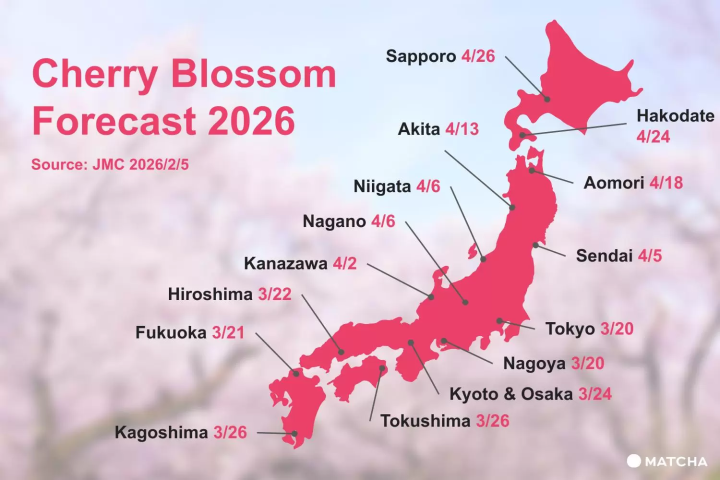


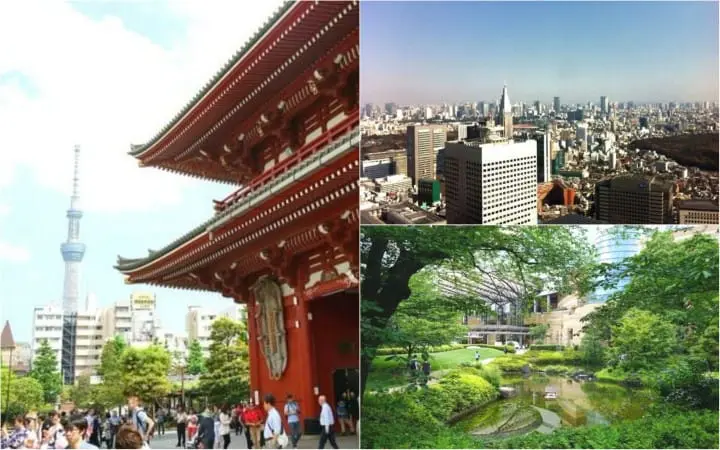


























![[Kagoshima] Overcoming 12 Years of Hardship: Walking through Minamisatsuma City, the sacred land where the monk Ganjin landed](https://resources.matcha-jp.com/resize/720x2000/2026/02/21-259481.webp)
